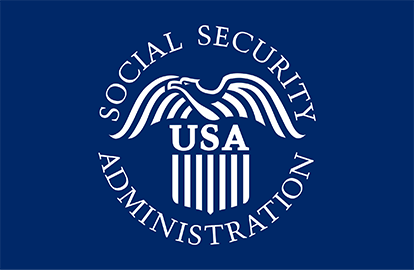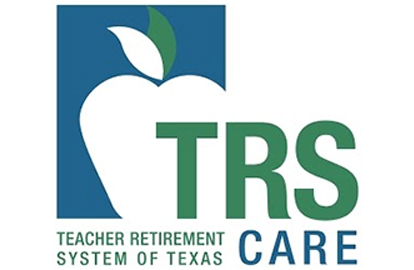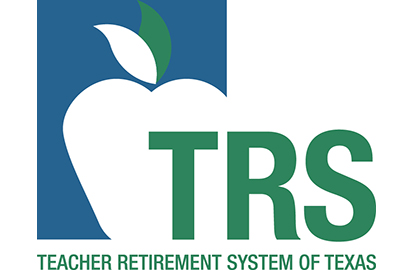State Issues
Provide a benefit enhancement To help offset the negative impact of inflation
TRTA recommends funding a cost-of-living adjustment (COLA) for TRS retirees when possible or providing a supplemental payment when a COLA is not possible. Retirees living on fixed incomes have been impacted drastically by record inflation over the last decade and managing its impact is an ongoing challenge. Last session, the Texas Legislature passed SB 10 and Texas voters approved Prop 9, providing much-needed help to most TRS retirees. The unfortunate reality is that cumulative inflation has eroded the modest pension benefits of all TRS retirees.
Preserve TRS Texas Traditional Defined Benefit Retirement Plan
TRTA’s primary public policy objective is the preservation of the TRS traditional defined benefit plan for all public-school retirees and pre-retirees. TRS proves that when these plans are managed and funded appropriately, they provide cost-efficient retirement security for plan participants and taxpayers alike. Please note that 95% of public-school employees do not participate in Social Security. This saves Texas taxpayers billions of dollars, but also raises the stakes when ensuring the TRS traditional defined benefit plan remains strong and viable for all future retirees.
Maintain a solvent TRS pension fund
The Texas Legislature should maintain a solvent TRS Pension Fund by fully funding statutory contribution rates and using excess state revenues to help reduce the unfunded liability. The TRS defined benefit pension plan is vital to the retirement security of all public education employees and retirees. TRS provides cost-efficient retirement security for plan participants and taxpayers. Reducing the unfunded liability now saves Texas taxpayers significant money in the long term and protects the TRS pension fund.
Maintain and Protect TRS-Care
The Texas Legislature should continue to provide an affordable healthcare plan for all TRS retirees. TRTA appreciates the work of the Legislature to address increasing health care costs for TRS retirees over the past several years. However, it is our belief that the best solution for this issue is to design and implement a long-term plan that continuously reviews health care costs and associated state funding and compares them to the actual costs of health care. This solution would take the place of the current arbitrary formula that was established 35 years ago when TRS-Care was created.
Federal Issues
Social Security: Advocate for Efficient Implementation of WEP and GPO Repeal
In 2024, TRTA worked with its national coalition partners to repeal the arbitrary and unfair Windfall Elimination Provision (WEP) and Government Pension Offset (GPO). For more than four decades, TRS retirees who also worked in the private sector before, during, or after their education careers and paid into Social Security saw their Social Security benefits slashed by WEP, simply because they also received a public pension. TRS retirees also had their spousal or survivor benefits cut or eliminated by GPO. TRTA will continue to keep members updated about the implementation of H.R. 82, the Social Security Fairness Act, as benefits are restored for thousands of TRS retirees and millions of public servants.

The Government Pension Offset
Social Security issues are complicated and jargon-filled ventures seemingly designed to confuse the average retiree. However, Social Security provisions can have an enormous, negative impact on your retirement, and most people who fall victim to these issues are unaware of the consequences until it’s too late. So even though terms like “non-SS-covered employment” may make you want to pull your hair out, they are certainly worth learning about. A prominent issue that Texas retired teachers face is the Government Pension Offset. The Government Pension Offset, or GPO, is a Social Security provision that reduces government employees’ spousal or survivor benefits…
The Windfall Elimination Provision
The Windfall Elimination Provision (WEP) is an unfair federal provision preventing retirees from receiving the Social Security benefits they are owed. The WEP, which took effect in 1983, provides a means of eliminating the “windfall” of Social Security benefits received by beneficiaries who also receive a pension based on work not covered by Social Security. Ninety-five percent of Texas public school employees do not pay into Social Security through their work with Texas schools. However, many have other jobs before, during, or after their employment in education in which they do pay into the federal program. We have joined our…


TRS-Care Funding
TRS-Care is the health insurance program more than 260,000 retired Texas educators rely upon. The program is provided by the Teacher Retirement System of Texas (TRS), the state agency responsible for running teachers’ retirement pensions. During the 85th Regular Session of the Texas Legislature, TRS-Care faced a $1.1 billion budget shortfall. If nothing had been done by the Legislature to address this issue, retirees’ premiums would have skyrocketed (even tripling), and the program could have closed within two years, leaving many without a quality health care option. The Texas Legislature made changes to TRS-Care funding for the program to remain…
TRS Defined Benefits
The Teacher Retirement System of Texas (TRS) has provided its defined benefit (DB) pension plan to retirees since its creation in 1937. During that time, TRS has never missed a payment to its annuitants, and it has stood as a testament to stability through times of great economic uncertainty. The defined benefit plan teachers in Texas pay into is a source of great pride, and it is one of the true upsides of participating in the teaching profession. As many private companies have pivoted away from defined benefit plans, TRS has stayed true to its slogan of being “the forever…

